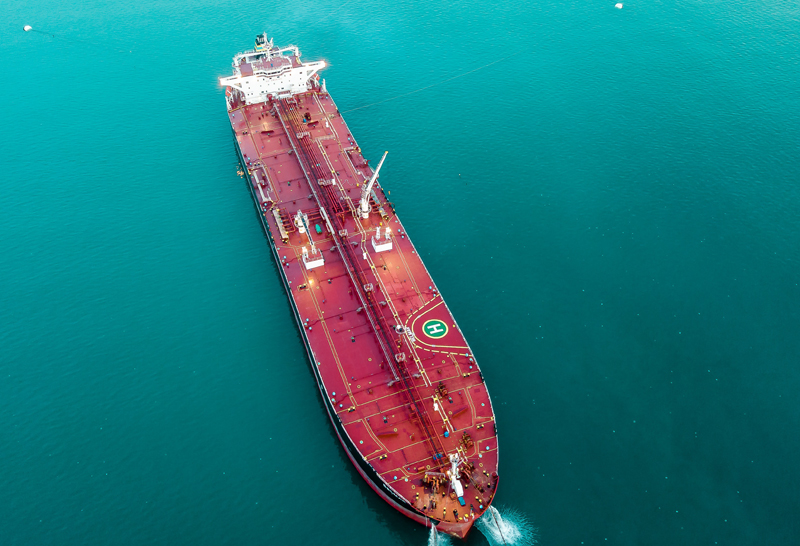Maersk Tankers is testing new high-tech sails on one of its tankers, the Pelican, using wind power to cut the vessel’s fuel bill by up to 10%.
The sails, measuring 100 feet in height, are rotating cylinders designed to exploit the “Magnus effect”: air is dragged faster around one side of the spinning cylinders to create a pressure difference, pushing the vessel in the direction of the side with lower pressure.
The rotor sails were manufactured by Norsepower with composite materials. Each one costs between €1-2 million to fit on a vessel.
The technology was first used in the 1980s by French explorer Jacques-Yves Costeau and his ship the Alcyone, but it has so far proved too costly or inefficient to be adopted by shipping operators.

Tommy Thomassen, CTO of Maersk Tankers, described the tests so far as promising. “We have been taking incremental steps to cut our energy bill for the past 15 years, but this could prove a game changer,” he said.
“Fuel makes up approximately 60% of our total cost and this technology has a significant potential to cut fuel consumption by 7% to 10% on the ships that it will be installed.”
Maersk, like every other shipping company, is looking into cleaner fuels as it tries to manage escalating fuel costs ahead of stricter regulations regarding sulphur and carbon emissions.
The rotor sails have already been used by shipping company Bore, whose vice president, Jorgen Mansnerus, says that the technology could become a standard feature on certain vessels once costs fall.
(Source: The Wall Street Journal)



On social media? Why not give us a follow...